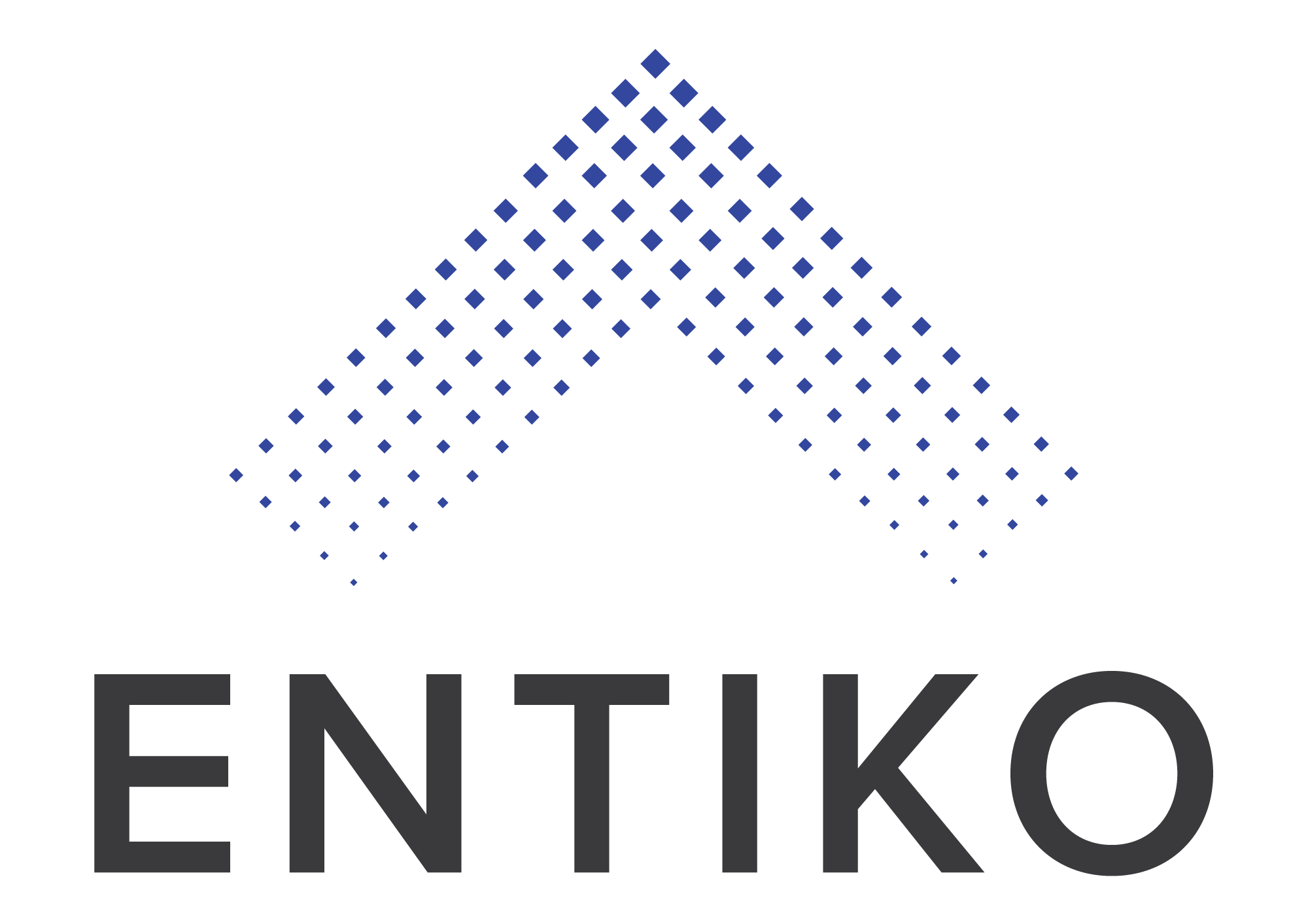The manufacturing sector is witnessing a significant transformation, propelled by the advent of the Internet of Things (IoT). This digital revolution, characterized by the integration of smart devices, sensors, and systems, is paving the way for the emergence of smart factories. These facilities represent the pinnacle of efficiency, automation, and connectivity, offering a glimpse into the future of manufacturing.
Smart factories leverage IoT technologies to monitor and optimize manufacturing processes in real time. Sensors collect data from equipment and products as they move through the production line, allowing for the automation of decision-making processes and adjustments to operations without human intervention. This level of connectivity and automation enhances productivity, reduces costs, and minimizes waste, leading to more sustainable manufacturing practices.
Moreover, IoT enables predictive maintenance in manufacturing facilities. By analyzing data collected from machinery, manufacturers can predict when equipment might fail or require maintenance, preventing costly downtime and extending the lifespan of their assets. This proactive approach to maintenance is a key benefit of IoT integration, ensuring that production lines run smoothly and efficiently.
IoT technologies also improve supply chain visibility and management. Real-time tracking of materials and products from supplier to customer ensures that manufacturers can respond quickly to demand changes, manage inventory more effectively, and reduce lead times. This increased transparency across the supply chain enhances operational flexibility and customer satisfaction.
In addition, the adoption of IoT in manufacturing facilitates the creation of digital twins—virtual replicas of physical assets or processes. These digital models allow manufacturers to simulate and analyze operations, identify potential improvements, and implement changes with minimal risk to actual production.

Harnessing Data for Efficiency: The Power of IoT in Manufacturing
At the heart of the smart factory concept is the strategic use of data. IoT technologies collect vast amounts of data from every corner of the manufacturing process, offering insights that were previously inaccessible. Analyzing this data helps manufacturers identify inefficiencies, optimize operations, and innovate product designs.
Data analytics powered by IoT drives continuous improvement in manufacturing. By understanding trends, predicting market demands, and responding to them swiftly, manufacturers can stay ahead of the competition. Additionally, this data-driven approach supports more customized and flexible manufacturing processes, catering to the growing demand for personalized products.
The challenges of integrating IoT into manufacturing include ensuring data security and privacy, managing the complexity of IoT systems, and addressing the skills gap in the workforce. However, the potential benefits of creating more efficient, responsive, and sustainable manufacturing operations make overcoming these hurdles a worthwhile endeavor.
Smart factories are revolutionizing manufacturing with IoT, leading to unprecedented levels of efficiency, innovation, and sustainability.
As the manufacturing industry continues to evolve, the implementation of IoT technologies in smart factories is setting new standards for productivity and efficiency. This shift towards more connected and intelligent manufacturing processes not only boosts competitiveness but also contributes to a more sustainable and adaptable industry. The future of manufacturing lies in embracing IoT, heralding an era of smarter, faster, and greener production.



